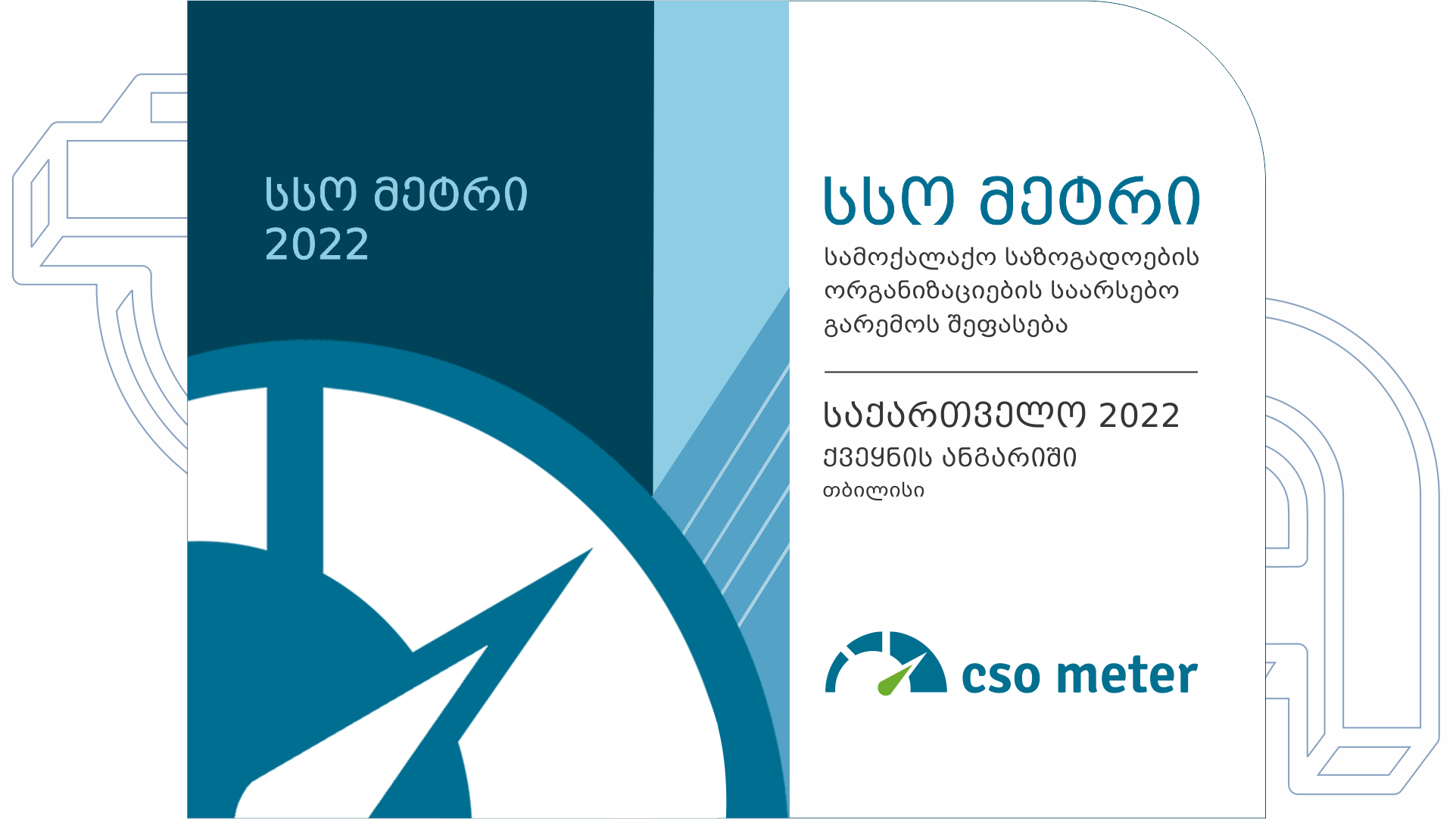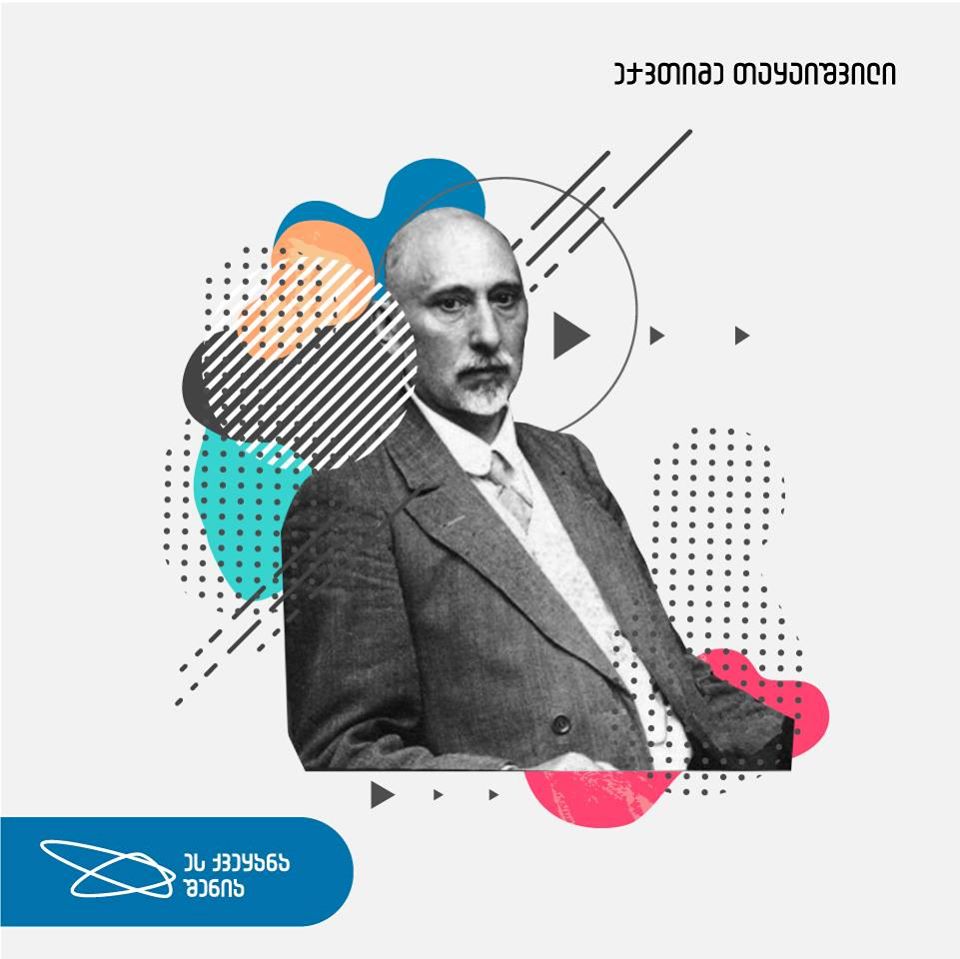Georgia is a medium-risk country for CSO activities, according to CSO Meter 2022
Popular





Georgia is a medium-risk country for CSOs, activists, and human rights defenders, according to the findings of the CSO Meter 2022 assessment.
- The report does not reflect current reality; it examines occurrences from January to November 2022 and evaluates civil society's living environment. As a result, the CSO meter of 2022 enables us to grasp the environment "yesterday" and compare it to the current situation.
The existing environment in Georgia has been allocated 4.8 points out of a maximum of 7 points (the legislative environment is evaluated with 5.2 points and practice with 4.4 points).
- what has changed?
Despite the fact that there were no events in the reporting period of 2022 that significantly changed the living environment of CSOs in comparison to the previous year, the report highlights the increased rate of verbal attacks against the public sector and the accompanying initiatives, which, in turn, indicate the livelihood of CSOs and the potential for environmental degradation.
The doubling of the registration price for organizations, major changes in Georgian law affecting enterprises, and challenges detected at the stage of creating a bank account all had a negative influence, and scores declined in the following directions when compared to the previous period: freedom of association (scoring in the legal component reduced from 6.2 to 6.1) the right to equality (scoring in the practical component reduced from 5.4 to 5.3), the right to privacy (the practice component score fell from 3.1 to 3.0).
- Outline of legal standards
The standard of freedom of association obtained the highest score of 6.1 on the 7-point rating method. And the greatest concerns with regard to the level of violability of private life were detected, resulting in a low indication of 3.8.
- Right to association – Total score: 6.1 (6.1 for legislation and 6.0 for practice).
The biggest negative impact is the doubling of the price of registering legal entities, as well as the introduction of new, unspecified procedural requirements due to changes in the law on Enrepreneurship. The amendments pertain to the registration of newly formed CSOs as well as requiring existing CSOs to update their registered data in accordance with the new requirements by January 1, 2024; else, the organization's registration may be cancelled.
The key good improvement is that all legal entities can now communicate with public structures using the individual online platform for correspondence and communication.
- Equal treatment – Total score: 5.6 (5.8 for legislation and 5.3 for practice).
The main negative change: some cases identified during the reporting period indicate that financial institutions (banks) set different, complex requirements for organizations related to the jurisdiction of another country when opening a bank account, which complicates, prolongs, and in some cases results in a refusal to open a bank account.
- The right to participate in decision-making – Score total: 4.8 (legislation 5.3, practice 4.3).
The biggest negative change was that the government hindered participation of certain watchdog organizations that questioned the government's policies to operate. This aspect prohibited organizations from fully engaging in participatory processes or allowed their participation only in procedures where their involvement powers were limited.
The key beneficial change was the enhancement of the institutional regulatory framework; specifically, the instruction on holding public consultations was adopted, establishing the importance of ensuring public review of public documents before they are generated.
- Freedom of Expression – Total score: 4.9 (5.6 for legislation and 4.1 for practice).
The biggest negative change was that several vague legislative proposals went into law during the reporting period, threatening to curtail freedom of expression. The Law on Broadcasting, is one example.
- Right to privacy – Score total: 3.8 (legislation 4.6, practice 3.0).
The biggest negative change: Parliament amended the Code of Criminal Procedure in the summer of 2022, allowing surveillance investigations into an extra 27 offences. As a result, 75 less serious crimes are included in this list. Among them are offenses such as illegally raising the Georgia state flag.
CSO METER – COUNTRY REPORT, 2022









